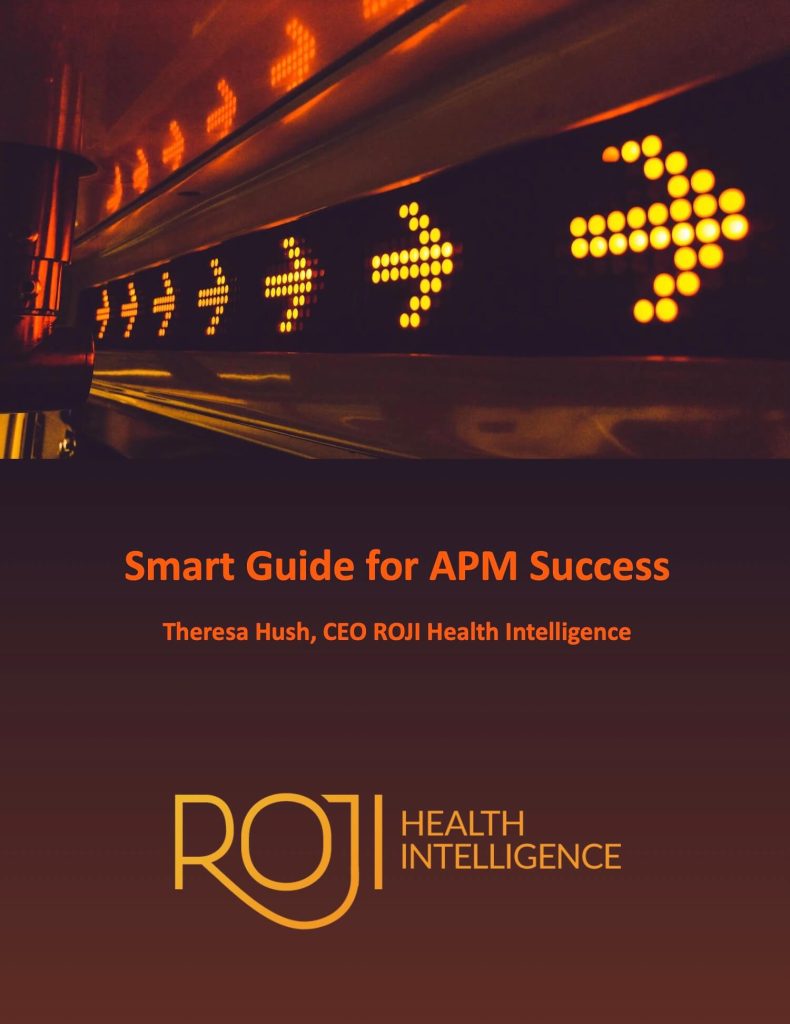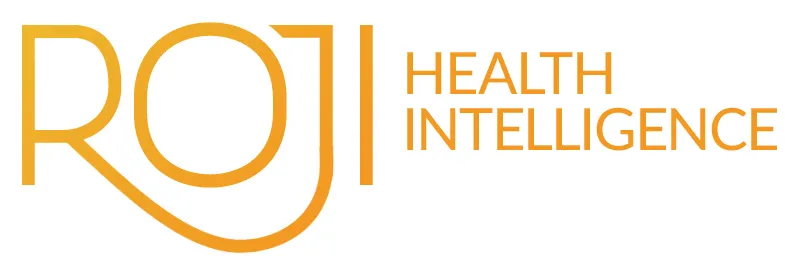 In the next several years, one of two things will happen: Either traditional health care providers will make the largest, make-or-break transformation of health care system economics and delivery of care in U.S. history, or the legacy health care system as we know it will not survive, but will be absorbed into the new corporate business of health care. Successful APM adoption will make the difference.
In the next several years, one of two things will happen: Either traditional health care providers will make the largest, make-or-break transformation of health care system economics and delivery of care in U.S. history, or the legacy health care system as we know it will not survive, but will be absorbed into the new corporate business of health care. Successful APM adoption will make the difference.
What is driving this transformation? Three forces are responsible:
First, the urgent cost crisis in health care demands that providers become more accountable for costs and better patient care, and adopt value-based payment models (Alternative Payment Models (APMs) to reverse the current volume-based incentives in Fee-for-Service (FFS) reimbursement.
Second, emerging corporate and private equity-backed health care competitors are already drawing physicians and patients away from legacy health care organizations, and are more than willing to engage in APMs.
And finally, the forces of consumerism are engaging patients by providing better access to services and information, as well as tools of self-management—part of the draw of big corporations with health care products or services, like Apple, Google, and CVS Aetna.
Crucial Decisions Ahead About APM Adoption
Not-for-profit and for-profit local, regional, and national hospitals and health systems, consolidated health networks, and traditional physician groups of all sizes and specialties all face crucial decisions. The most crucial? When and how fast they will adopt APMs that put them at financial risk for patient care expenses that exceed benchmarks or pre-determined payments. Less than 7 percent of current reimbursements currently fall into this category; it’s a steep hill to climb in a short time frame.
Most traditional health care has been slow to adopt APMs, mainly because risk-based APMs could have serious consequences for their bottom line. And to be frank, there is no playbook for this magnitude of financial transformation, especially one that also requires a huge cultural and technology infrastructure to achieve success. That’s why we’ve written our Smart Guide for APM Success.
Our Multi-pronged Strategy for APM Success
If you’ve been dabbling in population health on a small scale, or if you’ve just begun your digital transformation to create infrastructure but have no APM agreements, this guide is for you. If you’re farther along but need to ensure that your complete transformation is successful, this guide is for you. And if you are already an ACO but trying to stay on the basic track, this guide is for you, too.
This free eBook will guide you through the transition process to APMs. We lay out the substructure to guide your decision framework, how to look at your data and infrastructure, and how to choose your initial starting point. Then we dig into the structure of your APM entity and develop guidelines for how you transition the business to APM financing. How much risk can you accept? How do you negotiate payer arrangements? How will you deal with Medicare Advantage? How will you appeal to consumers? What is your framework for cost transparency?
This guide is not hypothetical. It’s based on experience. We created Roji Health Intelligence on the heels of a huge transformation of our academic medical center and its thousand employed and private medical groups, transitioning to full population-based payments in many of our private insurance agreements—resulting in successfully growing patient volume and keeping our physicians on board. As employers, we built data infrastructure from claims payments to create health programs for our self-insured populations. We negotiated contracts with payers that gave us that data.
We know what it takes to foster major institutional change and how to avoid pitfalls along the way. As you’ll learn in Roji’s Smart Guide for APM Success, our expertise is just what you need to ease your path to APMs and ensure that your transition is highly successful.
Click here to learn more and download your free copy of Smart Guide for APM Success.
Founded in 2002, Roji Health Intelligence guides health care systems, providers and patients on the path to better health through Solutions that help providers improve their value and succeed in Risk.
